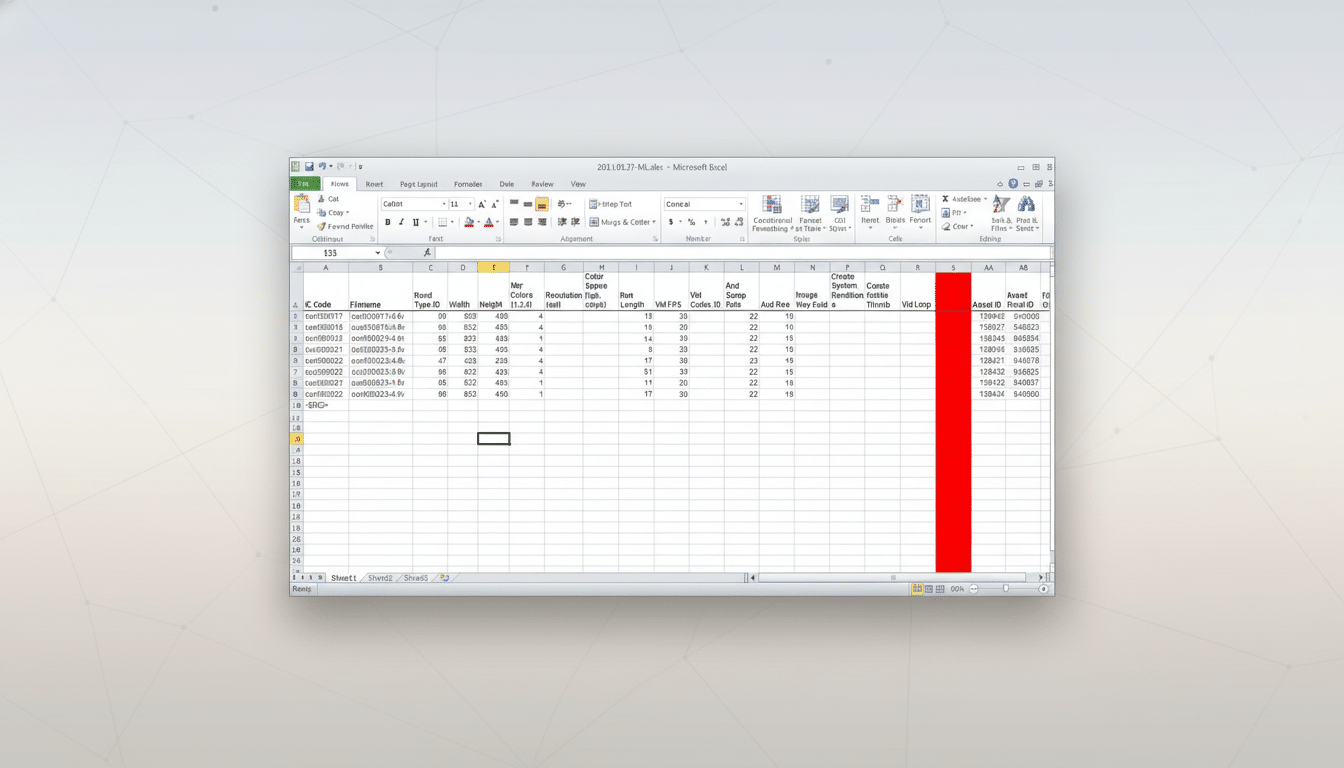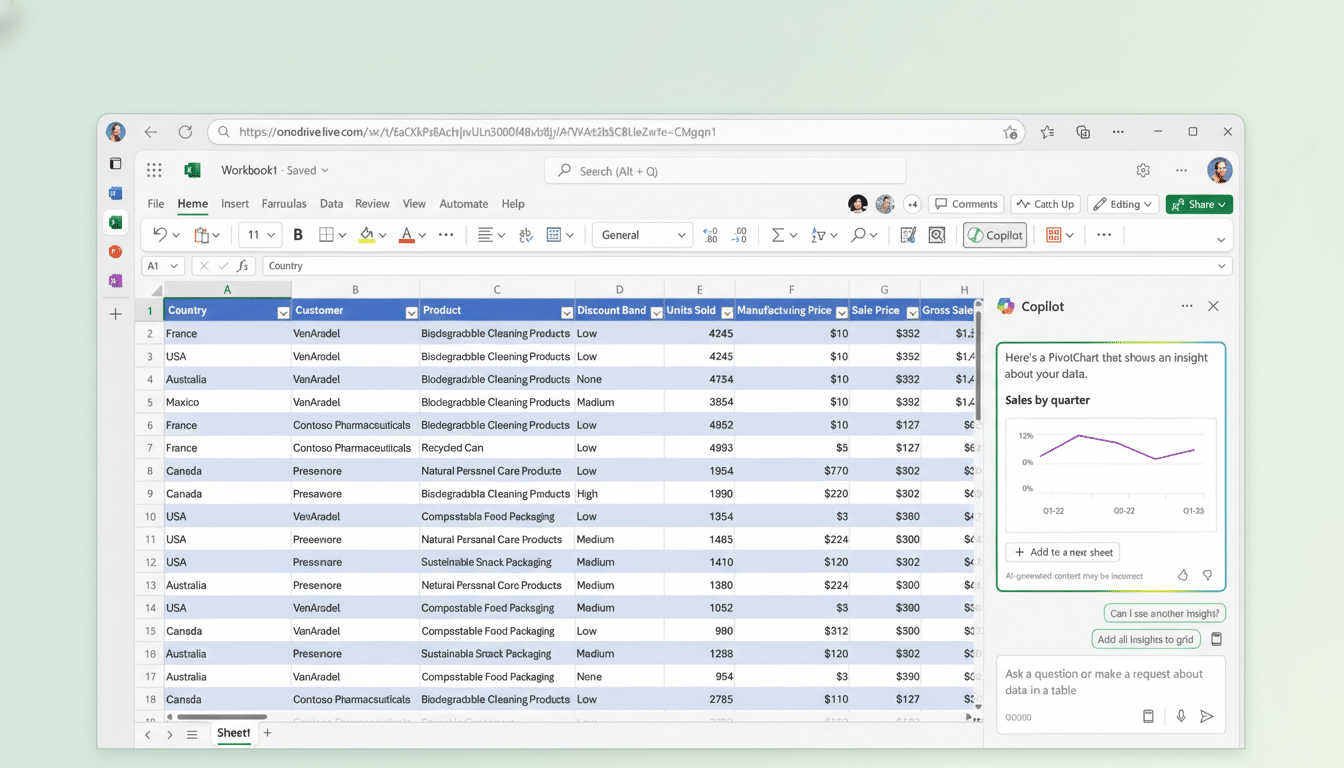A one-time purchase for the key that opens up more than a thousand expert-led online courses is bringing in out-of-work students from around the world weary of monthly fees.
The offer provides lifetime access, with a reported 96% savings off list pricing and content that includes job-ready skills in Excel, coding, digital marketing, business strategy and design, as well as personal growth concepts like investing and photography.

The value proposition is pretty simple for price-sensitive learners and teams: pay once, learn at your own pace; return whenever you need to upskill. It’s a stark contrast to subscription models, which can quietly accumulate bills over time.
Why One-Time Learning Passes Are Booming
During times when learning budgets are tight but the need to reskill is greater than ever, the World Economic Forum’s Future of Jobs report has consistently warned about the rate at which skills are changing, and has predicted that millions will need to be retrained in coming years. Data from LinkedIn’s Workplace Learning echoes this, finding that the blending of skills required for many jobs has changed radically since mid-decade, and will keep doing so.
It’s in that context, too, that the appeal of “own-it-forever” libraries lies. When you have that coursework on tap and are no longer fretting about being billed for another billing cycle, you’re more likely to dive in for targeted refreshers — a weekend sprint on pivot tables or a three-hour primer on SEO — as projects demand it.
What This Deal Actually Contains for Learners
The current deal is for a lifetime pass to its extensive, regularly refreshed course library. The provider advertises expert instructors, guided progress tracking, and optional certificates for completed courses. Covering core career skills — like data analysis, Python programming, project management, branding, and social media strategy — the lineup extends to creative and personal finance classes.
The headline number is volume: 1,000-plus courses available right away, with new courses added on a weekly basis. For self-directed learners, that means you can begin with an entry-level class, level up to an intermediate module, and then take a specialized workshop without waiting for another subscription cycle or a new cohort date.
How It Compares With Subscription Models
Cost is the clearest differentiator. A popular subscription from one of the known learning platforms usually costs between $25 and $60 a month or several hundred dollars for the year, depending on features and accreditation. A one-time price under $20 (advertised as a 96% markdown from a list value of $600), in contrast, can pay for itself with even just one completed course — especially if you return to the content or stack courses over time.

Subscriptions might include university-certified certificates, assignments, and even college credit. If you need formal acknowledgment — for instance, in a tenure or promotion case, or to prove degree progress — ensure that the credential you receive from a one-time library is accepted by your employer or applicable industry body. The right choice will depend on which you value more: breadth and flexibility, or formal accreditation and assessment.
Quality and Credibility Checklist for Course Libraries
Volume alone doesn’t guarantee outcomes. Check the catalog for these before you commit:
- Instructor legitimacy: Find bios with real-world positions, portfolios, or contributions to established entities.
- Recency: Technology and marketing change rapidly; prioritize the courses that have been added within the last year plus those that mention today’s technologies or standards.
- Hands-on learning: Projects, case studies and data sets will beat slide-only lectures when it comes to the creation of durable skills.
- Evaluation and evidence: Quizzes, capstones and certificates help you to monitor progress and demonstrate competence, even if they’re not for credit.
More and more, employers value skills that can be measured. The Burning Glass Institute reports that portfolios and badges have increasing weight in hiring, while credentials are not waning. Use every course as a stepping stone toward something tangible — a bit of code saved on GitHub, a totally revamped brand color kit, or maybe even a dashboard you can walk through in prototype form.
Who Gets the Most Value From a Lifetime Pass
- Early-career professionals: Fast-fill gaps in spreadsheets, analytics, or presentations to show that you’re ready for promotion.
- Career switchers: Library sampling of fields — data, UX, cloud fundamentals — before bootcamp or degree.
- Small-business owners and freelancers: Stacked skills in SEO, ads, email marketing, and bookkeeping can help reduce dependence on contractors.
- Aspiring entrepreneurs: Develop basic tech expertise to launch your own startup or join an early-stage company.
- Team leads: Develop informal learning paths for your team and establish baseline competencies without incurring additional recurring software seats.
Bottom Line on the 96% Savings and Lifetime Access
If you like to learn in fits and starts, don’t take too kindly to being on the hook for life, and want a smattering of much-in-demand subjects, it’s hard not to be tempted by the one-payment e-learning pass.
The prospect of 1,000-plus courses that continually refresh — as well as optional certificates and lifetime access — is a massive value proposition, provided you do the work to vet course quality and focus on building a portfolio of projects that warrant hiring someone like you.
In a world where skills have increasingly short expiration dates and professional budgets are tighter than ever, buying once but buying deep — where the library you purchase can range across materials as well as genres — might be one of those rare propositions that proves a win for your wallet and an even bigger win for your career.

